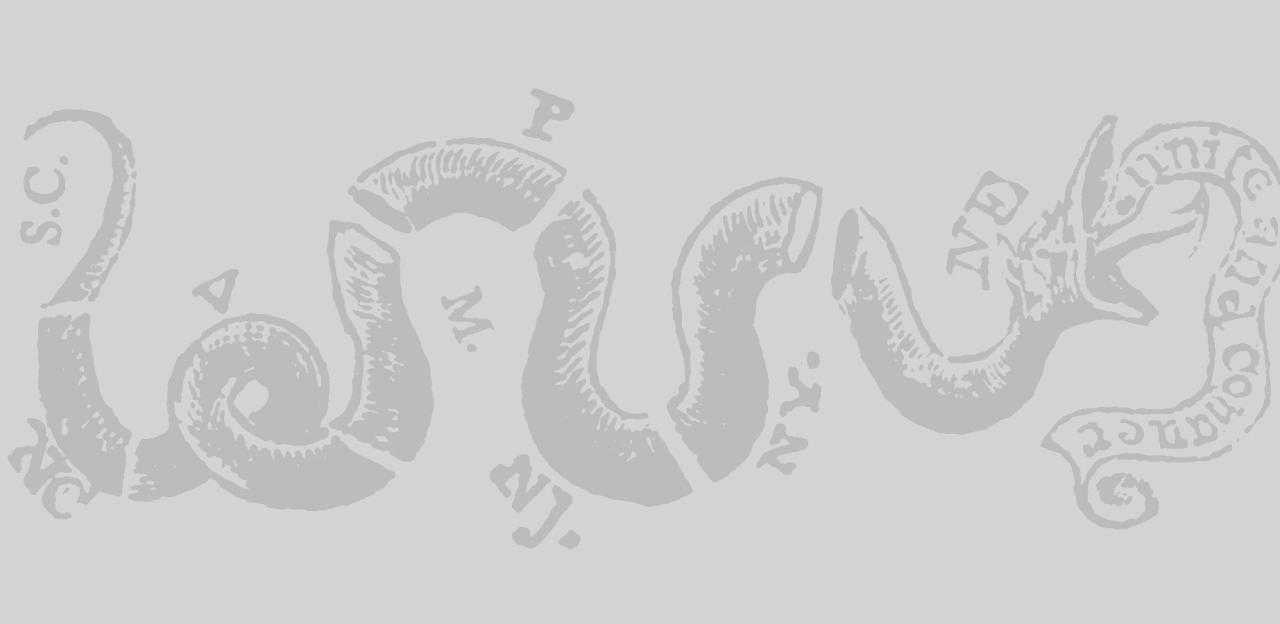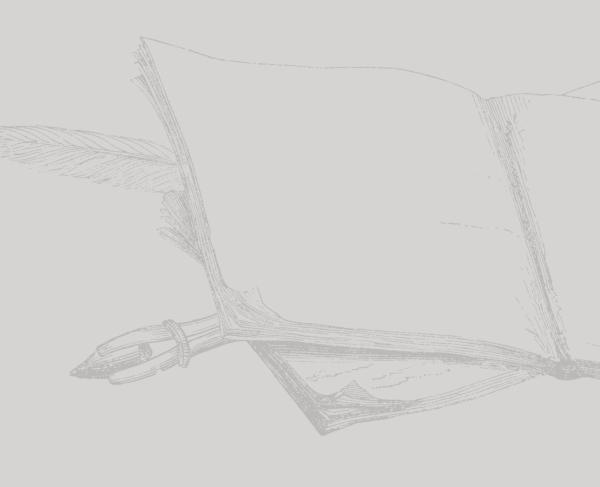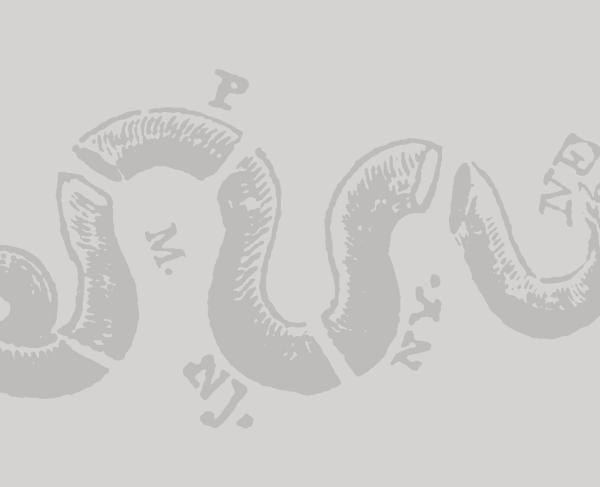"I Heard The Guns"

Rebekah Fiske witnessed the fighting around Lexington on April 19, 1775. Her father-in-law's home stood on the western side of the village. In 1827, Rebekah was interviewed about her recollections of that historic day and her memories were published in the Harvard Register.
This account is graphic and may not be suitable for all students. For an alternate civilian account, please reference this letter about Lexington and Concord by John Adams.
“I heard the guns,” says she, “at about day-break, but being unapprehensive of danger, did not, like most of our neighbors move off for fear of the enemy; especially as my father was confined to his bed of a severe sickness, so that in fleeing from the house we must leave him behind, which I could not consent to. Our domestics had already absconded, we knew not whither. I, therefore, and my husband, who on account of a certain indisposition, was incapacitated for military service, remained in the house with our father, while the enemy passed; which they did without offering us any injury. I remember well, their exact order, red coats, glittering arms, and appalling numbers. Some time after, on their arrival at Concord, a report of musketry was once more heard, and in broken and incessant volleys. It was a sound of death to us. All now was trepidation, fever, and rushing to arms; women and children bewildered and scouring across the fields. With much ado we succeeded in yoking our oxen and getting father on his bed into an ox-cart, and thus moving him off as carefully as we could to a neighbor’s house, at some distance from the highway, on which we expected the enemy to return. Before leaving our house, I secured some of the most valuable of my effects, putting my large looking glass between two featherbeds, and fastening all the windows and doors. The house we carried farther to, had been already vacated, and here I was left alone with him. The dreadful sound of approaching guns was still ringing min my ears. Bewildered and affrighted, I betook myself into the house-cellar there to await my fate. Occasionally, I ventured to peep out to discover the approach of the enemy. After remaining some time in this dreadful state of fear and suspense, I at last discovered the enemy coming down a long hill on the highway partly upon a run and in some confusion, being closely beset by ‘our men’ in flank and rear. The terrific array of war soon came fully into view, and as soon passed off again from before my eyes, like a horrid vision, leaving only a cloud of smoke behind and the groans of the dying, who were strewed in its wake.
“After the rattle of musketry had grown somewhat weaker from distance, and my heart became more relieved of its apprehensions, I resolved to return home. But what an altered scene began to present itself, as I approached the house—garden walls thrown down—my flowers trampled upon—earth and herbage covered with the marks of hurried footsteps. The house had been broken open, and on the door-step—awful spectacle—there lay a British soldier dead, on his face, though yet warm, in his blood, which was still trickling from a bullet-hole through his vitals. His bosom and his pockets were stuffed with my effects, which he had been pillaging, having broken into the house through a window. On entering my front room, I was horror-struck. Three mangled soldiers lay groaning on the floor and weltering in their blood which had gathered in large puddles about them. ....A young Briton, who was dreadfully pierced with bullets, through almost every part of his body, [cried] “and relieve me from this agony.” You will die soon enough, said I, with a revengeful pique. A grim Irishman, shot through the jaws, lay beside him, who mingled his groans of desperation with curses on the villain who had so horridly wounded him. The third was a young American employing his dying breath in prayer. A bullet had passed through his body, taking off in its course the lower part of his powder-horn. The name of this youthful patriot was J. Haywood of Acton. His father came and carried his body home; it now lies in Acton graveyard. These were the circumstances of his death: being ardent and close in the pursuit, he stopped a moment at our well to slake his thirst. Turning from the well, his eye unexpectedly caught that of the Briton, whom I saw lying dead on the door-step, just coming from the house with his plunder. They were about a rod from each other. The Briton know it was death for him to turn, and the American scorned to shrink. A moment of awful suspense ensued—when both simultaneously levelled their muskets at each other’s heart, fired, and fell on their faces together. My husband drew the two Britons off on a sled, and buried them in one of our pastures, where they now lie, beneath a pine tree which has grown up out of their grave. The Irishman was the only one of the three that survived."
Related Battles
93
300

